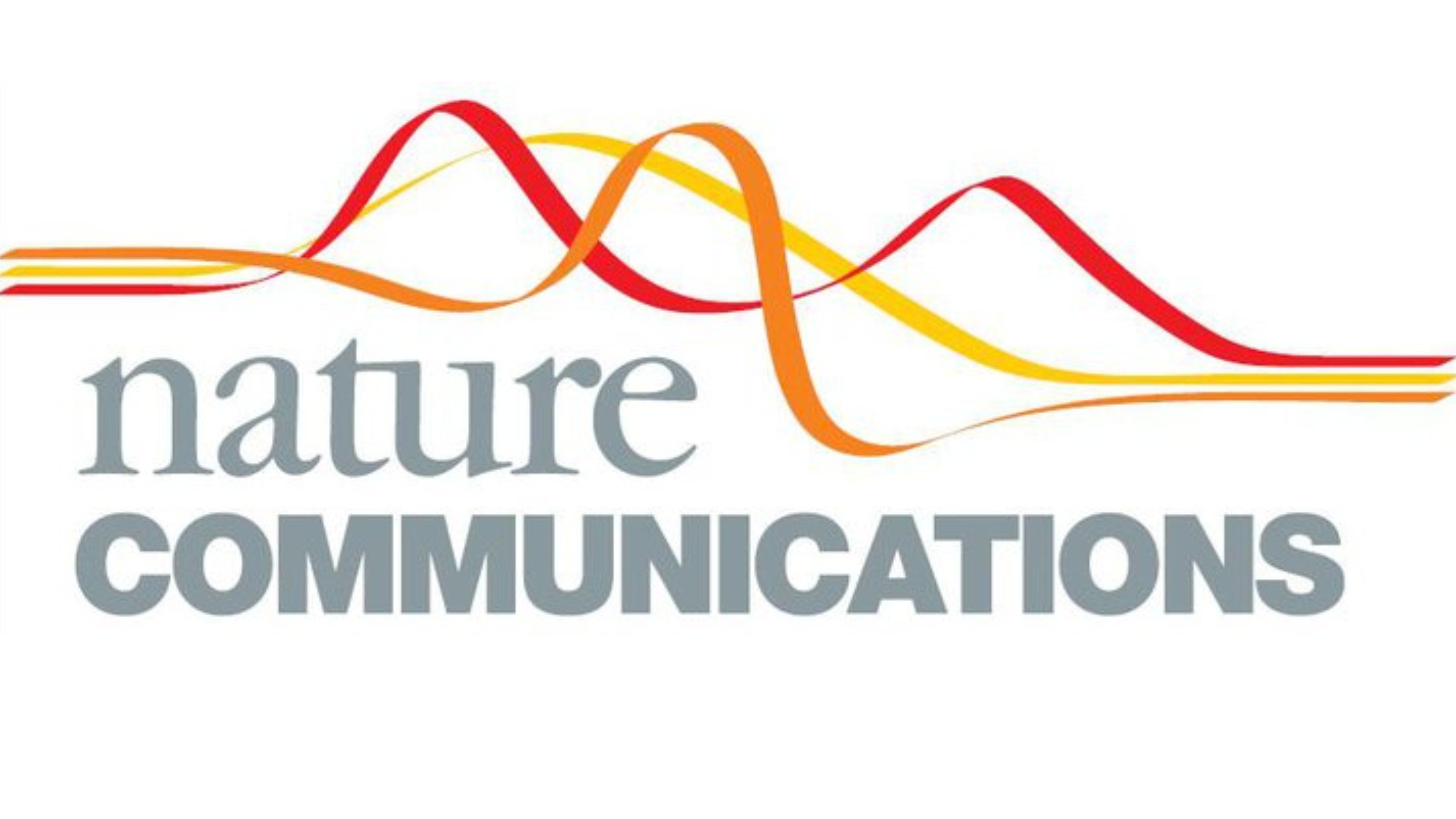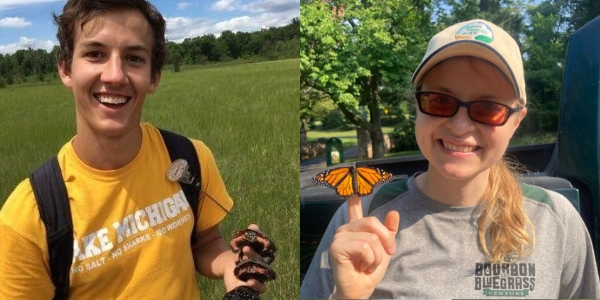NSF grant to integrate research and science outreach
Two faculty from the Department of Entomology, Henry Chung, an assistant professor of entomology and EEB core faculty member, and Amanda Lorenz, an academic specialist in teaching and entomology undergraduate advisor, have been awarded a three-year $786,491 grant from the National Science Foundation (NSF). The grant combines research and outreach opportunities for historically excluded students in STEM (Science, Technology, Engineering, Math) fields. It also will bring new training and outreach programming to the MSU Bug House.

Chung is an insect physiologist studying desert Drosophila flies to determine how they have adapted to living in dry environments. Most insects have a layer of wax called cuticular hydrocarbons (CHCs) on their surfaces that keep the insect from drying out. Chung’s lab hopes to identify the genes linked to keeping insects hydrated, determine how these genes can evolve in response to environmental or climate changes and understand how these genes could impact mating success.
Chung will build a diverse and inclusive laboratory team of a postdoctoral fellow along with graduate and undergraduate students who will be trained in aspects of molecular biology, genetics, insect physiology and chemical ecology. The students will also have opportunity to participate in science communication and outreach through working with Lorenz in the MSU Bug House. Chung hopes to recruit diverse students from the upcoming Envision EEB Graduate Preview Weekend at MSU to join his program.
“As climate change is happening, it is important to understand how the changing environment is affecting natural populations, and insects are a very important part of our ecosystems,” Chung said. “This NSF grant enables us to investigate the molecular and evolutionary mechanisms that enable insect species to withstand water loss and maintain water balance as our planet gets warmer and more arid in the next few decades. The grant also provides funding for graduate and undergraduate students, which we hope to recruit from historically excluded communities, to increase diversity and foster inclusiveness in the next generation of entomologists.”
Read more in MSU Today.



